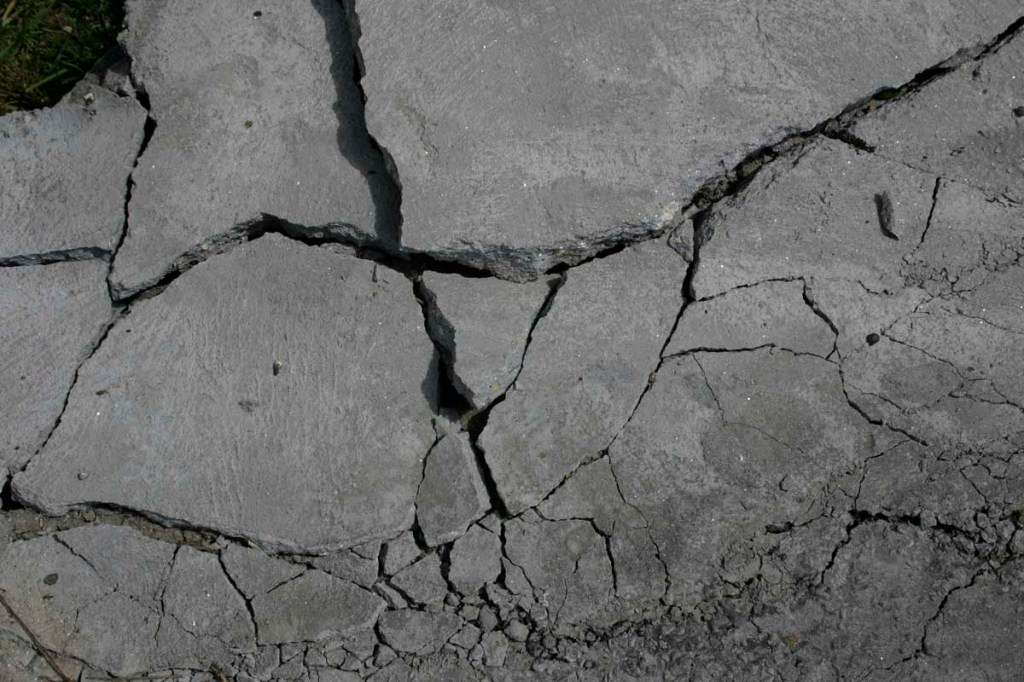Environmental group says state isn’t doing enough to stop earthquakes
Published 11:00 am Tuesday, January 5, 2016

- Environmental group says state isn't doing enough to stop earthquakes
OKLAHOMA CITY — Plans to limit wastewater pumped into the ground near Edmond don’t go far enough to protect the state from earthquakes, one environmental advocate says.
The state Corporation Commission released a plan Monday responding to at least a half-dozen earthquakes that rattled Edmond and the surrounding area since Dec. 29.
The plan limits how much waste is pumped into five disposal wells within 10 miles of the quakes’ epicenters. The commission also announced that two disposal well operators in the area have agreed to suspend operations.
Johnson Bridgwater, director of the Oklahoma Chapter of the Sierra Club, said state officials are dragging their feet, even as earthquakes increase in size and frequency.
Oklahomans last year weathered more than 850 earthquakes of magnitudes at least 3.0, he said. The state has recorded 15,000 earthquakes of all sizes in the past five years, he said.
“I think the only reason we’re talking about it this week is because it’s finally hitting more populated, affluent areas,” Bridgwater said.
While no one was injured when the strongest of the quakes struck in the early morning hours about five miles northeast of Edmond, the magnitude 4.3 temblor was blamed for power outages. Residents also reported items falling and damage to their homes. A second strong quake — a magnitude 4.2 — rocked the the area Jan. 1.
In announcing restrictions on wastewater wells Monday, the Corporation Commission said its plan is part of “an ongoing process” to expand efforts to “reduce the risk of earthquakes potentially triggered by saltwater disposal wells.” It has taken similar steps following earthquakes in other areas of the state.
The commission noted that most of the disposal water in the area is not the byproduct of hydraulic fracturing, a process used to release underground natural gas deposits. Instead, the water is the waste of active oil and gas wells.
“We are working with researchers on the entire area of the state involved in the latest seismic activity to plot out where we should go from here,” said Tim Baker, director of the commission’s Oil and Gas Conservation Division, in a statement.
Bridgwater, however, said the state is being reactive, rather than proactive.
He said Oklahoma should issue a one-year moratorium on all disposal wells operating in 21 counties north of Oklahoma City, giving researchers time to study the long-term impacts of their use.
“I know that’s not what they’re calling for,” he said. “We would definitely say they’re not going far enough. They’re simply reacting when things occur. The bottom line is all of their actions have come following significant earthquakes and public outcry.”
Janelle Stecklein covers the Oklahoma Statehouse for CNHI’s newspapers and websites. Reach her at jstecklein@cnhi.com.





